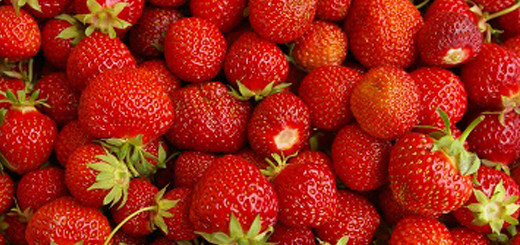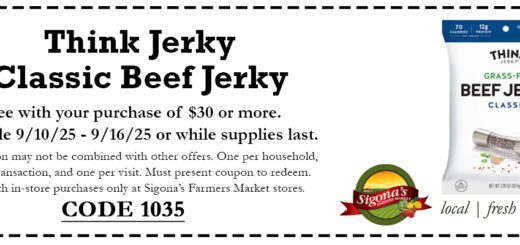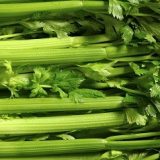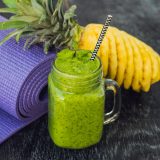Melon Mania
By Geri Wohl – www.bettereatingcoach.com
This is my favorite time of the year. Not only do we get to enjoy the warm days of summer but also one of my favorite foods—melon—is in season. Now is the height of melon season. I have fond memories of summers past biting into juicy melons and having the juices dripping down my chin. Messy, yes but delicious!
These naturally sweet fruits are part of the same family as cucumbers, squashes and pumpkins and are thought to originate in the Middle East where the climate of hot and humid summers is ideal. When you go into a typical large supermarket, you will see the usual cantaloupe, honeydew and watermelon. But have you ever tried some of the unusual types of melon found in more specialty stores like Sigona’s Farmers Market? I love getting different varieties and making a melon salad, with each bite having a nuance of varied sweetness that perfectly melds together.
Cantaloupes are one of the five most purchased fruits in the US. They are also known as muskmelons. Being nutrient dense, they are a great choice for those that are dieting because they are 95% water and low in calories. These juicy fruits, along with the other varieties of melon and watermelon, are the perfect food for summer as their high-water content allows us to stay more hydrated. In addition, they have high levels of vitamins A and C and potassium. They provide us with dietary fiber and many of the B vitamins, folate, iron and calcium.
In Chinese medicine, sweet melons are used to cool fevers, moisten the lungs and cleanse the urine. Because of the high water content, melons behave as diuretics. Melons may help those with heart disease because they have compounds that keep the blood thinner and may be associated with decreased angina attacks. High potassium levels may help to control high blood pressure. The beautiful-colored flesh indicates that there are higher levels of antioxidants that are associated with being anti-carcinogenic. All positives for us to consume more melons!
The typical melons that you find at the larger supermarkets are normally grown from hybrid seeds. These hybrids have typically crossed two varieties with the end result being a very consistent product. However, as these seeds have been engineered to increase the yield of the plant, flavor and nutrition have not been the selected qualities. These seeds have been bred to select for fruit that has high yields and can withstand long transit times (see my article on seasonality at www.bettereatingcoach.com/62212-eating-with-the-seasons.html) but offer less flavor. The fruit must be able to withstand the mechanical harvesting (i.e. conveyor belts), commercial shipping and be tolerant of drought, frost and pesticides. These melons are typically harvested before fully ripened to accommodate for transit time. Hybrid versions of fruits and vegetables came into vogue beginning in the 1950s and really took off in the 1970s as more people went to work and food become much more of a commercial venture.
Fortunately, there has been a resurgence of late of “heirloom” produce. Heirlooms are old-time varieties that were cultivated during earlier periods of human history and were selected for their exceptional taste and higher nutrient value. These seeds have survived because they are the best performers in both the local area and the home garden. The heirloom seeds are considered “open pollinators” meaning that insects, birds, wind or any other natural means must do the pollination.
So why should you care if your melon (or any other produce for that matter) is an heirloom?
- They have exceptional taste and are sweeter than the hybrid versions.
- More nutrients allow for better overall wellness.
- There is more variety.
- They are more naturally resistant to pests so that an entire crop is unlikely to be wiped out leaving us with little of a particular food.
- No genetically modified seeds are used so you are protecting yourself and your family from possible unknown effects.
- There is a linkage to our past. Seeds were one of the items that all immigrants brought with them to new places so that they could ensure themselves of food.
- If you plant your own, they typically cost less than at the store. The seeds can be stored and used in subsequent years keeping the heirloom line continuing. For those that want to find heirloom seeds, check out seed savers exchange or Baker Creek heirloom seeds.
- No need to worry about pesticides. Unlike the hybrid varieties, these are not sprayed with pesticides.
So what are you waiting for? Go try a variety of heirloom melons that you have never experienced and let the juices flow!
© Geri Wohl, Better Eating Coach
—
Geri Wohl is our latest and greatest Tips for Healthy Living writer. Geri is a Bay Area-based Certified Nutrition Consultant and Educator with extensive training in holistic and whole foods nutrition focused on emphasizing positive lifestyle changes. Feel free to contact her over at Better Eating Coach.











